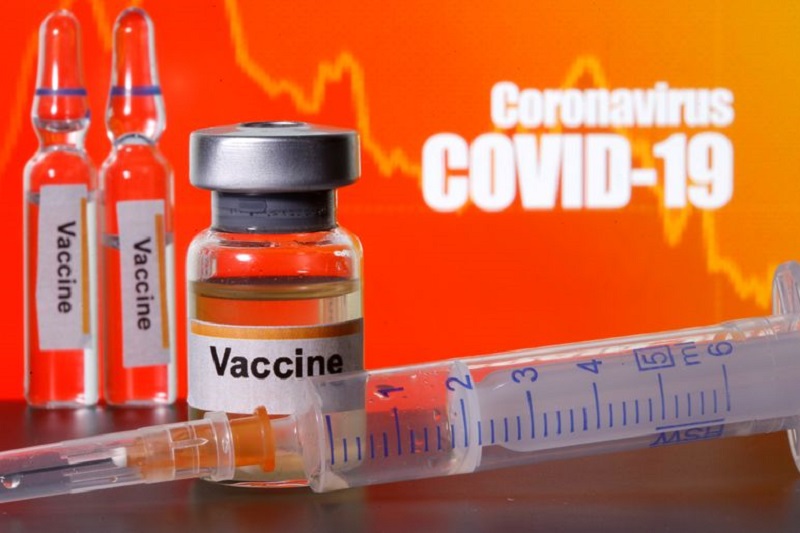Stock market today: S&P 500 extends monthly win streak despite Nvidia-led stumble
By Abraham Achirga and Nneka Chile
ABUJA/LAGOS, Jan 19 (Reuters) - Dr Oluwajoba Oroge braced
for the week ahead - another long line of coronavirus patients
at Abuja's EHA clinic, and another long wait for news of a
vaccine.
Europe has been inoculating its people since December - but
African health authorities say it could still be weeks, even
months, until they get their first shots. Every day, said Dr. Oroge, cases are mounting, stocks of
protective gear are dwindling and the number of his colleagues
with the energy and health to keep fighting is falling.
"The cases will continue to rise if we don't have a
vaccine," the 30-year-old told Reuters after seeing a patient.
"That continues to mean more work stress, more mental stress,
more stress on all the resources."
More than 2,600 Nigerian physicians have contracted COVID-19
and dozens of them have died, said Dr Adetunji Adenekan,
chairman of the Lagos state branch of the Nigerian Medical
Association. "We are depleted every day by the minute."
Nigeria's health minister Osagie Ehanire said last month he
was hoping to see the fist vaccines arrive through the global
COVAX scheme in January, though he gave no details on precise
timing, or which shot Nigeria would get. African states have accused richer regions of cornering most
of the supplies. The head of the World Health Organization -
Ethiopia's Tedros Adhanom Ghebreyesus - said last week the world
was on the brink of "catastrophic moral failure" when it came to
sharing out shots. Daily tallies of confirmed cases hit record levels across
Africa this month, and the second wave is infecting twice as
many people per day as the height of last year's first,
according to the African Union's Africa Centres for Disease
Control and Prevention (CDC). Nigeria has reported 110,387 confirmed cases, and 1,435
deaths, though African officials have warned that low testing
could mask more cases. Privately, some doctors say they worry that when vaccines
arrive in Nigeria, they will go first to the rich and powerful.
Dr Ndaeyo Iwot, acting executive secretary of primary health
care in Abuja, said the government would track doses to clamp
down on any corruption. "It will go through the system," he
said.
